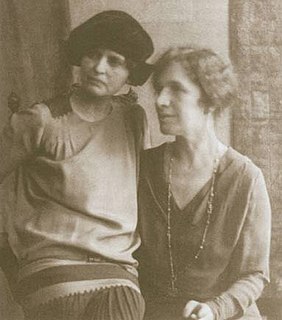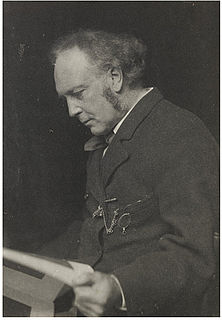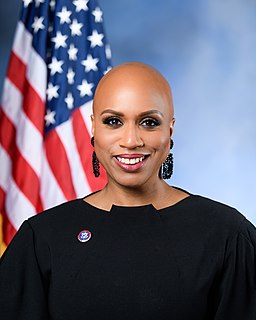A Quote by Julia Peterkin
a windy March is lucky. Every pint of March dust brings a peck of September corn, and a pound of October cotton.
Related Quotes
January cold and desolate;
February dripping wet;
March wind ranges;
April changes;
Birds sing in tune
To flowers of May,
And sunny June
Brings longest day;
In scorched July
The storm-clouds fly,
Lightning-torn;
August bears corn,
September fruit;
In rough October
Earth must disrobe her;
Stars fall and shoot
In keen November;
And night is long
And cold is strong
In bleak December.
The Long March The Red Army is not afraid of hardship on the march, the long march. Ten thousand waters and a thousand mountains are nothing. The Five Sierras meander like small waves, the summits of Wumeng pour on the plain like balls of clay. Cliffs under clouds are warm and washed below by the River Gold Sand. Iron chains are cold, reaching over the Tatu River. The far snows of Minshan only make us happy and when the army pushes through, we all laugh. October 1935
In my view, the most important lesson we can learn from Dr. King is not what he said at the March on Washington but what he said and did after the march. In the years following the march, he did not play politics to see what crumbs a fundamentally corrupt system might toss to the beggars for justice.
Dr. [Martin Luther] King led a very historic march here in Washington, D.C. It was a march for jobs and freedom. It was a march to raise expectations that this country could live up to its ideals. I have watched this debate, this conversation [betwin Hillary Clinton and Donald Trump] about bigotry, about racism, I find it all misplaced.




































